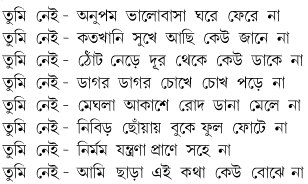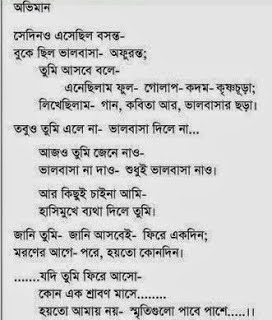

One who has the ability to tell stories from his own life we can all relate to. One that has the gift to be able to write songs to reduce grown men to tears. One that has a unique gift of compelling listeners with taste outside of his genre to sit up and take notice of his music. Image Source: The Groove Merchants Michael Waugh is a rare artist. Years later, things haven't changed and I'm wondering if they ever will. I have written in these pages before about the and why are necessary.

The other way around the local content quota is to be a talk radio station, or to program a 'Pure Gold' format, which plays no music newer than 2005. They seem to have taken up the idea that 'you'll never go broke selling sport to Australians', with wall-to-wall rugby league in NSW with the occasional song thrown in the mix. The only constant seems to be an over-dominance of Football content. The idea of Triple M is different in every market and there seems to be no unity between the music they play. Since rebranding a lot of regional stations under the name Triple M, Southern Cross Austereo have spent more money and airtime trying to be everything to everybody and doing very little of it well. Why do they continue to drag their feet? It may be that many stations are lost in the fog. These sectors of the industry are not bound by local content quotas, so why are they doing the heavy lifting? The commercials have the money and the coverage. Community Radio works hard to extend the music industry by giving airtime to bands that otherwise wouldn't see airplay, and the ABC are doing their best on Triple J and on Digital Radio with Triple J Unearthed and Double J. It has taken the ABC and to pick up the slack, but it's still not an even balance. It was increased to 20% in 1976, and capped at 25% under the Australia/United States Free Trade Agreement. Therefore it should come as no surprise to read that The reason these quotas exist in the first place is because commercial radio have never taken Australian music seriously. With its continuing success, it could be argued that content directors are feeling untouchable, making content safe and bland enough not to offend anybody. It provides something that everyone has ready access to, and despite a changing entertainment landscape under pressure from Spotify, Netflix and other streaming giants, it continues to be successful. Radio occupies a unique position in the media landscape.ĭocumentary which recounts the story of Billy Fury and the birth of British popular music. Passion in that it continues to fascinate me as to how content is created and presented so seamlessly, and frustration in how it so often misses the mark. Radio in Australia forms a dual passion and frustration for me.


 0 kommentar(er)
0 kommentar(er)
